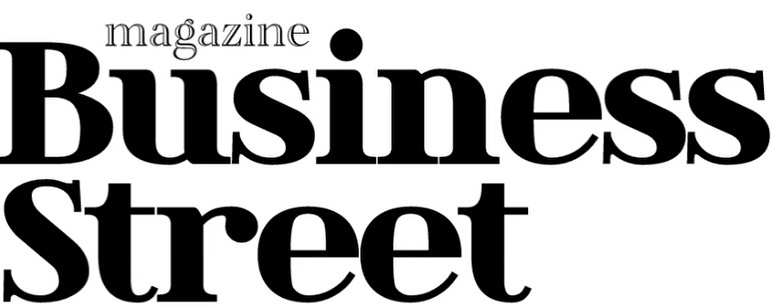Jobs and Gates: The grandfathers of the AI startup scene
From pioneering spirit to AI hype
Steve Jobs (2006).
Steve Jobs or Bill Gates – they are the grandfathers of all founders in the computer age. It's hard to say how the world would have developed without their visionary actions. And even though both serve as role models for young people, they are not blueprints. The startup scene has radically changed over the past decades. While it was primarily hardware and internet infrastructure startups that shaped the landscape in the past, today artificial intelligence (AI) clearly dominates the innovation field. This transformation reflects not only technological advancements but also a profound shift in the zeitgeist and the way startup financing occurs.
During the pioneer days of the tech startup scene, foundational innovations and genuine pioneering spirit were at the forefront. Jobs and Gates started in garages and focused on basic hardware and software solutions. The spirit of the time was characterized by a mix of exploratory enthusiasm and cautious technological optimism. Capital was comparatively harder to access, investments occurred in smaller rounds, and the focus was on long-term profits. The scene was less globalized, with centers in Silicon Valley and a few other hotspots. Billion-dollar valuations were absolute exceptions.
Today, the picture has fundamentally changed. AI is the defining trend that permeates almost all industries – from healthcare to finance. The McKinsey study »The State of AI 2024« shows the rapid increase in the use of generative AI in companies – from 33 to 65 percent in just one year. The zeitgeist has shifted from cautious optimism to sometimes exaggerated hype, where AI is touted as a panacea for almost every problem. Even prominent voices like Sam Altman, CEO of OpenAI, publicly warn of a potential »AI bubble«.
Today's AI startup scene is characterized by record valuations, as demonstrated by OpenAI, which is valued at up to 300 billion US dollars. Such mega-financing rounds – one recent round raised 40 billion US dollars – are driven by investors like SoftBank and Microsoft. At the same time, the scene is more global than ever, with strong centers in the USA, China, and Europe. However, this development also has its downsides: Capital distribution is increasingly concentrated on a few major players, while smaller startups struggle to secure funding.
The current zeitgeist oscillates between AI euphoria and fear of disruption. This ambivalence is reflected in various societal developments: Regulatory challenges are increasing as the EU and OECD tighten compliance requirements to curb risky business models. The challenge for the next generation of founders may lie in finding the balance between innovation and responsibility, between global scaling and regional anchoring. The legends of today are not the blueprints for tomorrow – the future of entrepreneurship lies in the ability to forge one's own path while combining the lessons from both eras.
MK
